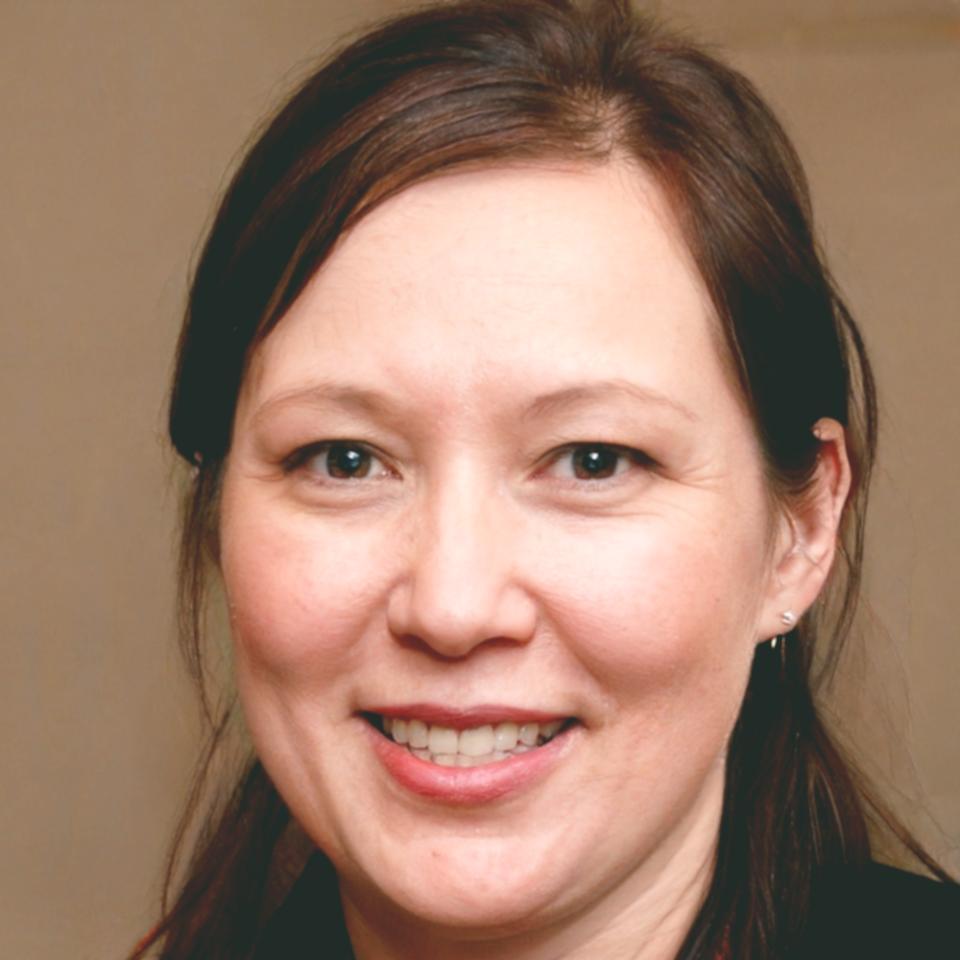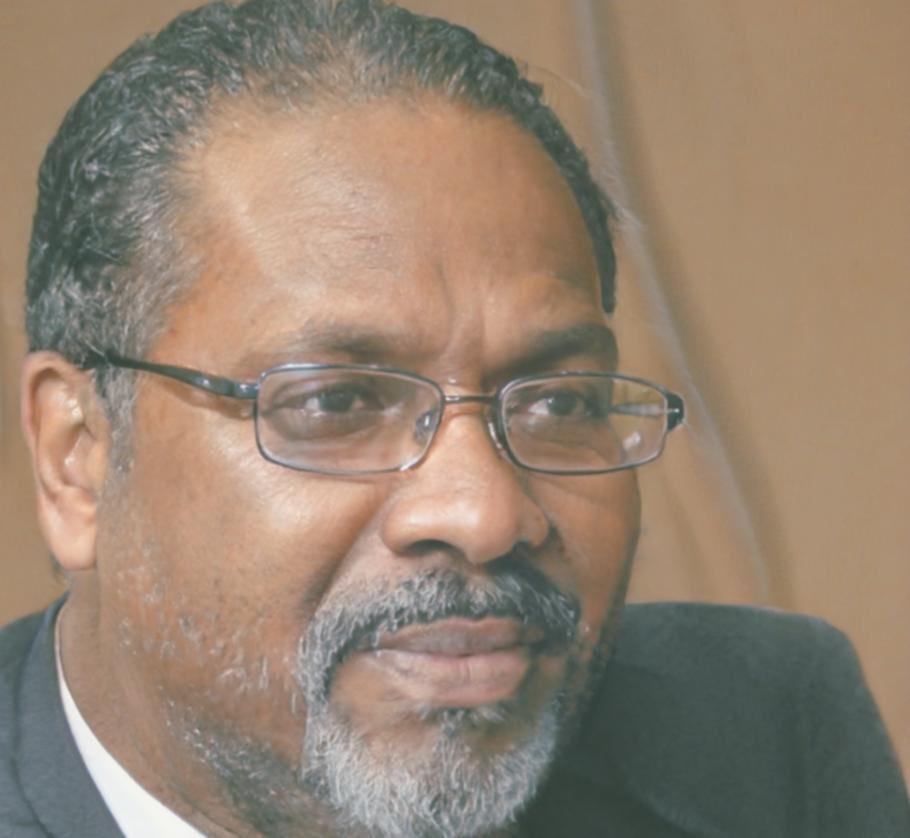Understanding Why We Spend
Most budget courses teach spreadsheets. We teach something different—why your brain makes the money choices it does, and how small shifts in thinking can change everything about your financial habits.
Explore Our Programs

The Hidden Forces Behind Your Budget
Here's what we've noticed after working with hundreds of people: knowing you should save money and actually doing it are completely different things. The gap between intention and action? That's where psychology lives.
Traditional finance education treats everyone like rational calculators. But humans aren't calculators. We make decisions based on emotion, habit, social pressure, and mental shortcuts we barely notice.
Our approach combines behavioral economics research with practical financial planning. You'll learn why you impulse-buy when stressed, why budgets often fail by February, and what actually works when building new money habits.
We don't promise overnight wealth. What we offer is clarity—understanding your own financial psychology so you can work with your brain instead of against it.
Three Core Principles We Work With
These aren't theories from textbooks. They're patterns we see consistently in how people actually manage money in real life.
Awareness Before Action
Most people track expenses but don't understand their triggers. We help you identify the emotional patterns behind spending—stress purchases, comparison shopping, reward spending—so you can address causes instead of symptoms.
Systems Over Willpower
Relying on self-control doesn't work long-term. Instead, you'll build environmental cues and automated processes that make good financial choices easier than bad ones. Less friction, better results.
Values Alignment
Budgets fail when they conflict with what you actually care about. We help you design a financial plan that reflects your real priorities—so sticking to it feels natural rather than restrictive.

How Our Process Actually Works
We start with assessment, not advice. Before suggesting any changes, we need to understand your current relationship with money—both the practical details and the psychological patterns.
Our programs run between six and eight months because meaningful behavioral change takes time. Quick fixes don't last. Building awareness, testing new habits, and adjusting based on what works for your specific situation—that's the real work.
- Monthly workshops exploring different psychological aspects of financial decision-making
- Individual reflection exercises to identify your personal money scripts and triggers
- Peer discussion sessions where you can learn from others facing similar challenges
- Practical implementation support as you test new approaches in your daily life
Programs typically begin in September 2025 and March 2026, giving you time to prepare and ensuring group cohesion throughout the learning process.
Who Teaches These Programs
We're not trying to be financial gurus. Just people who've spent years studying why smart individuals make confusing money choices.

Freya Hastings
Spent a decade researching consumer psychology before shifting focus to financial behavior. Her background in cognitive science shapes how we teach habit formation and decision architecture.

Cameron Voss
Former financial advisor who got tired of giving advice that people couldn't follow. Now focuses on understanding why traditional budgeting approaches fail and what actually helps people change their financial patterns.